For all of this and much more, check out the full interview below.
I read that you sawDr.
Strangeloveearlier in your life and it had an impact on you, and it helped you get into filmmaking.
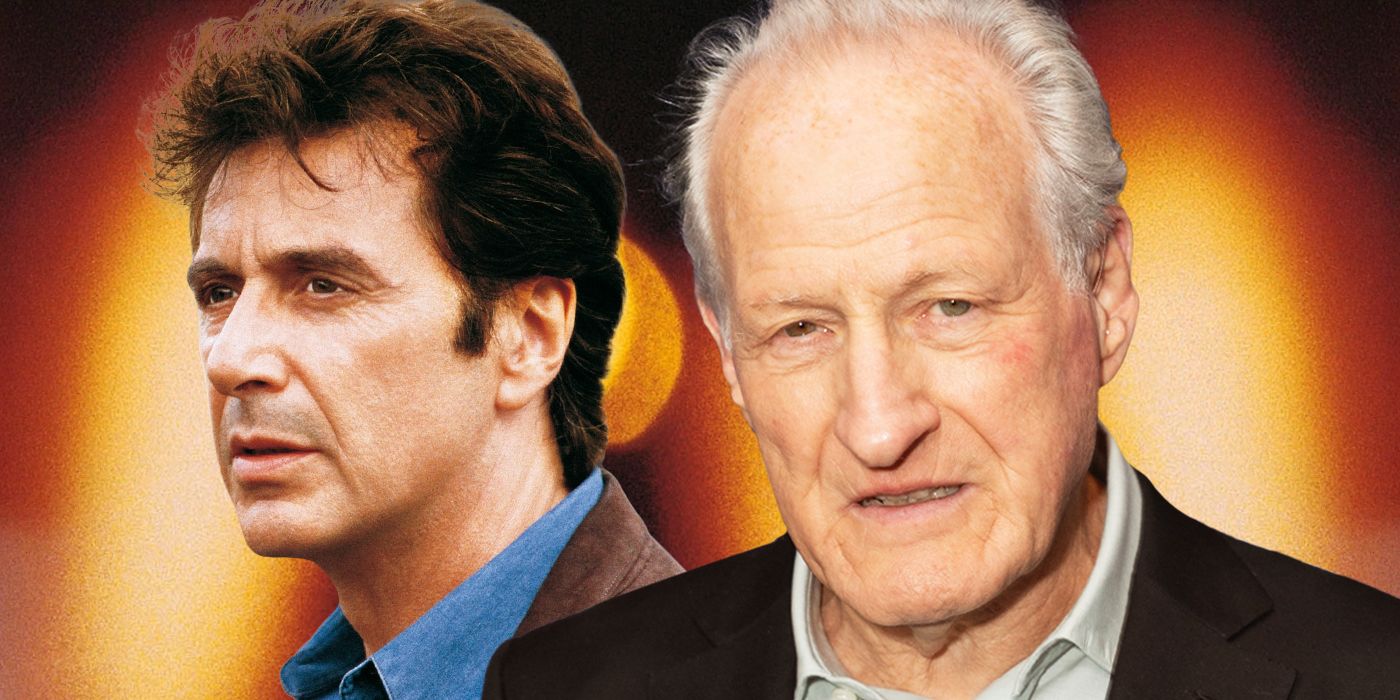
Image by Jefferson Chacon
MICHAEL MANN: It probably still is my favorite Stanley Kubrick movie.
Reading it, its a perfect kind of a recombinant recreation into a two-hour narrative.
The original novels by Humphrey Cobb.
Image via Buena Vista Pictures
I thinkStrangelovestill is my favorite.
Do you still have a copy of the longer cut, or does it no longer exist?
MANN: I don’t even know.
Id have to dig into our archives to find out.
We have a pretty spectacular archive.
We saved everything, but I don’t know how much I’ve saved onThe Keep.
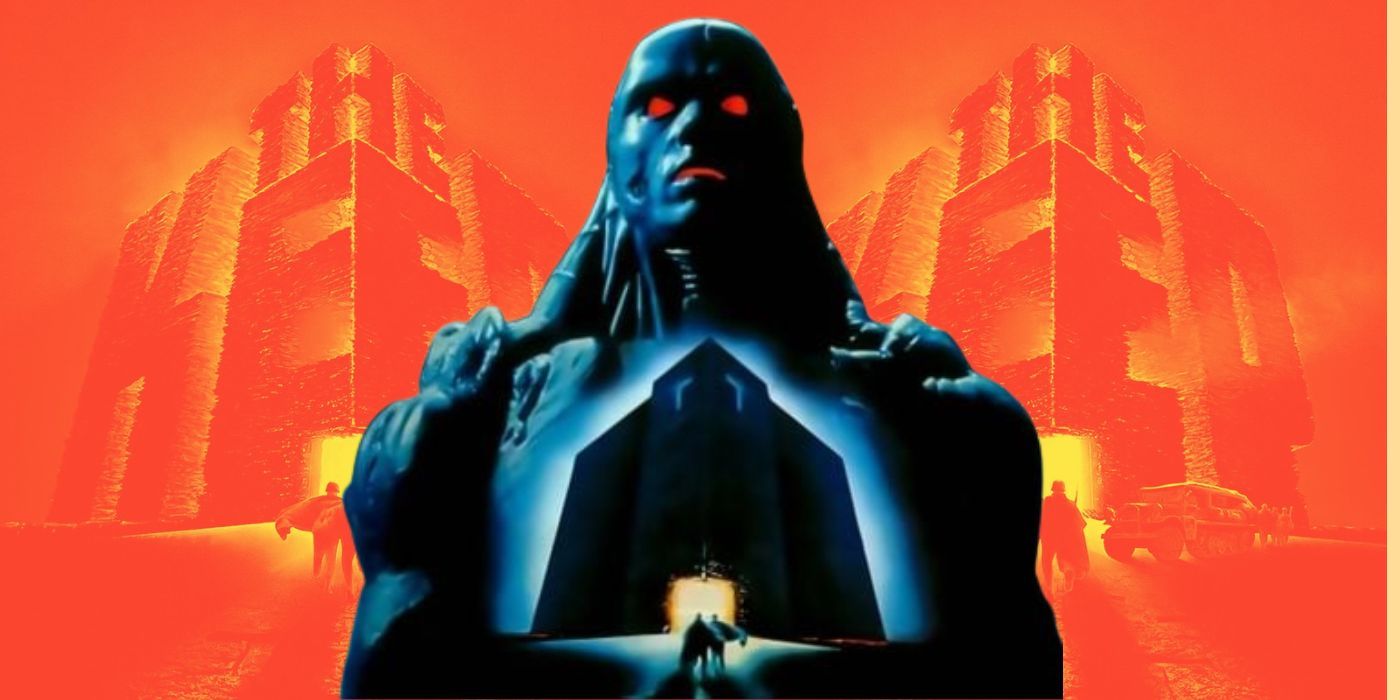
So, it was a bizarre project.
MANN: No, it had nothing to do with that.
It had to do with going forward and shooting a movie before the screenplays ready.
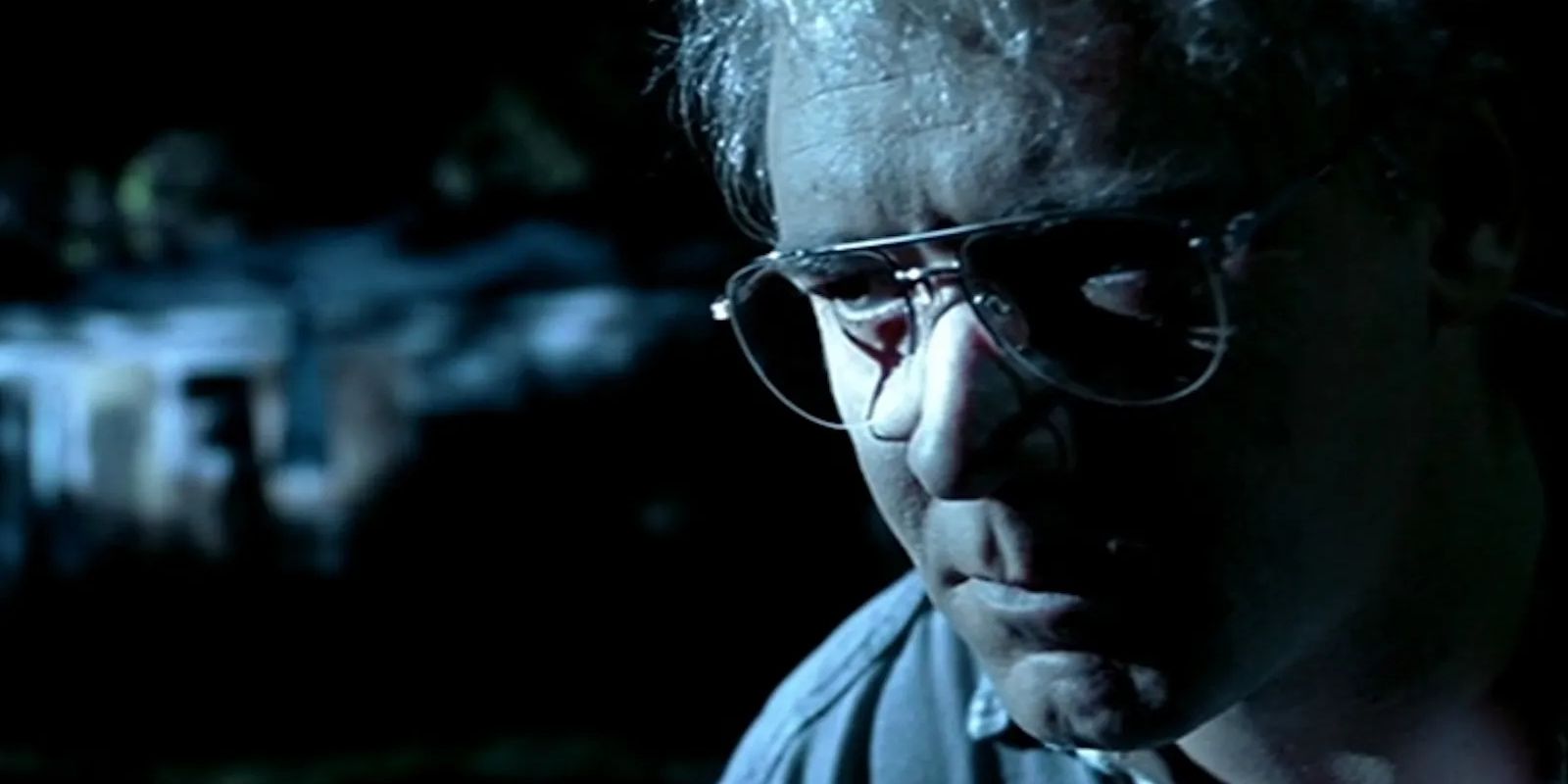
Image via Buena Vista Pictures
I agreed to do that and was trying to finish the screenplay at the same time.
So, no, it’s nothing to do with gothic or sci-fi subject matter.
It was informed by reading Bruno Bettleheim and was an interesting challenge.
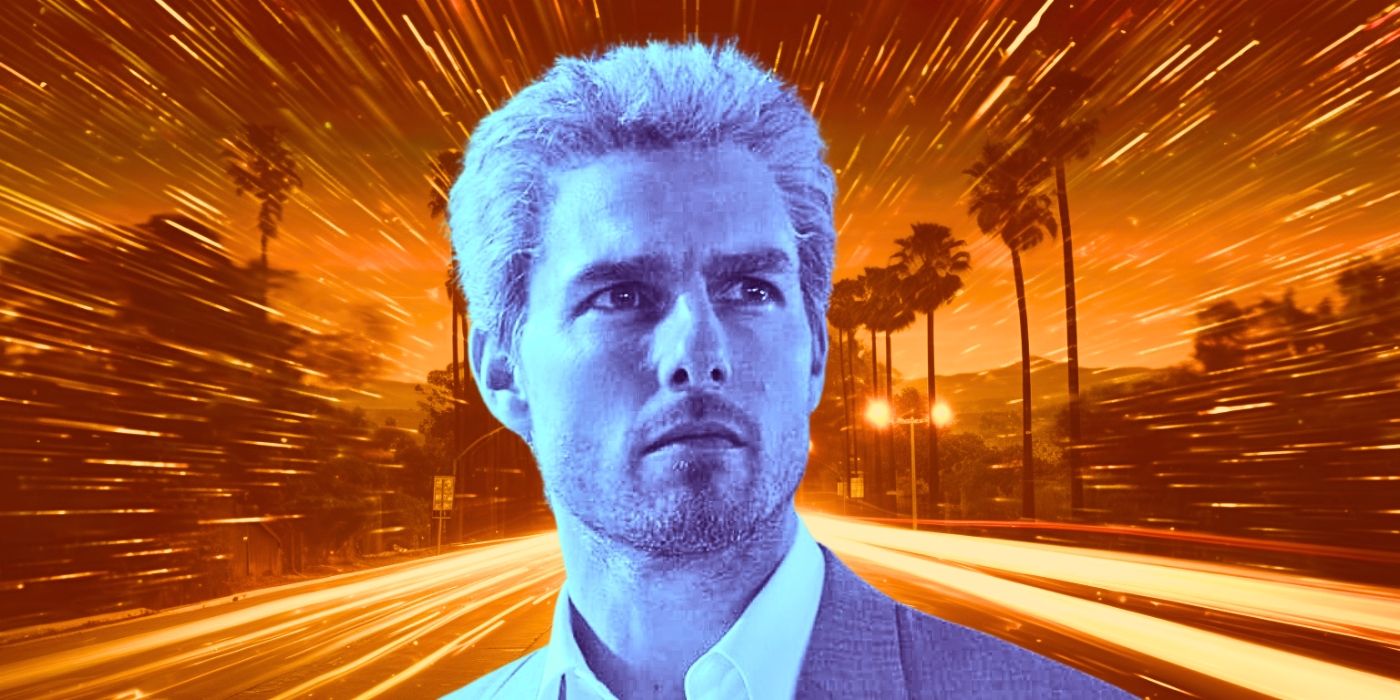
If I made it again, it would be much better.
The Oscar-nominated filmmaker behind ‘Heat’ and ‘Collateral’ wasn’t afraid to get scary.
As a fan of your work, only some of your films are available in 4K.
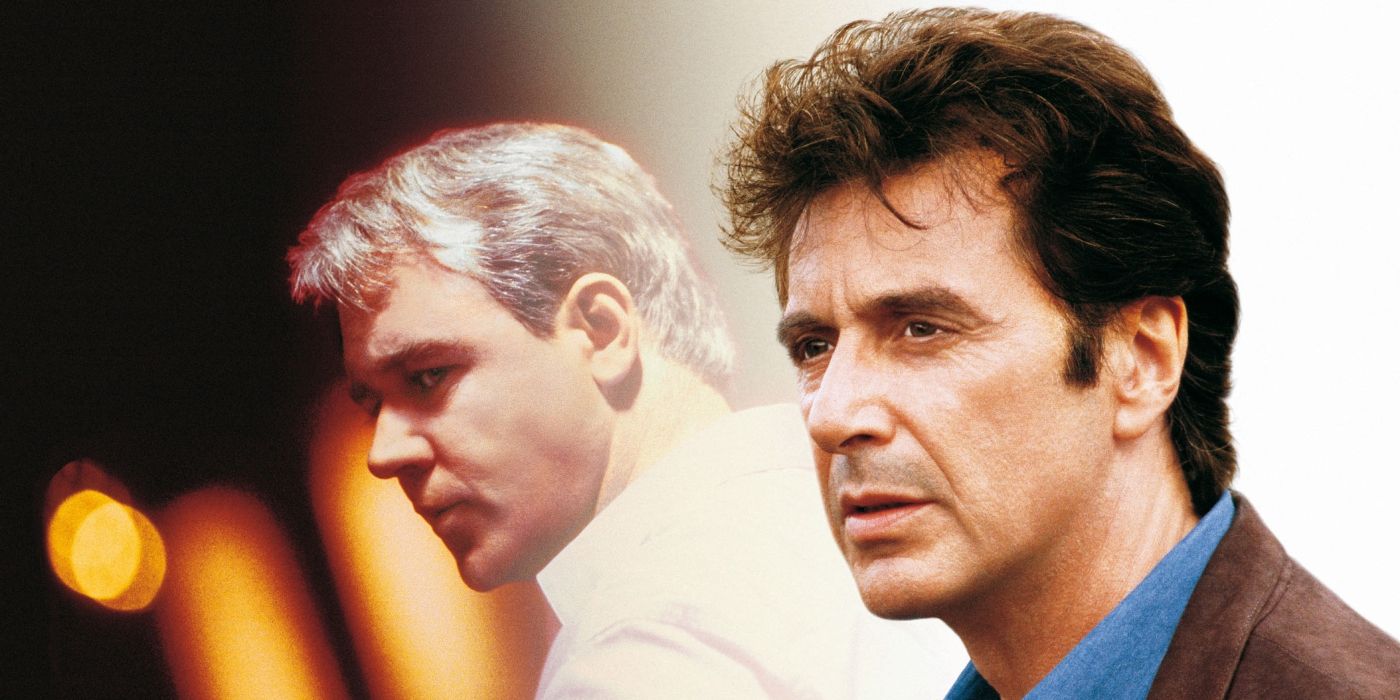
Image via Buena Vista Distributions
Will I ever get a 4K version ofThe Insider?
Will I get a 4K version ofThe Last of the MohicansorThief, just to name a few?
MANN: I didn’t realizeThe Last of the Mohicanswasn’t available in 4K.
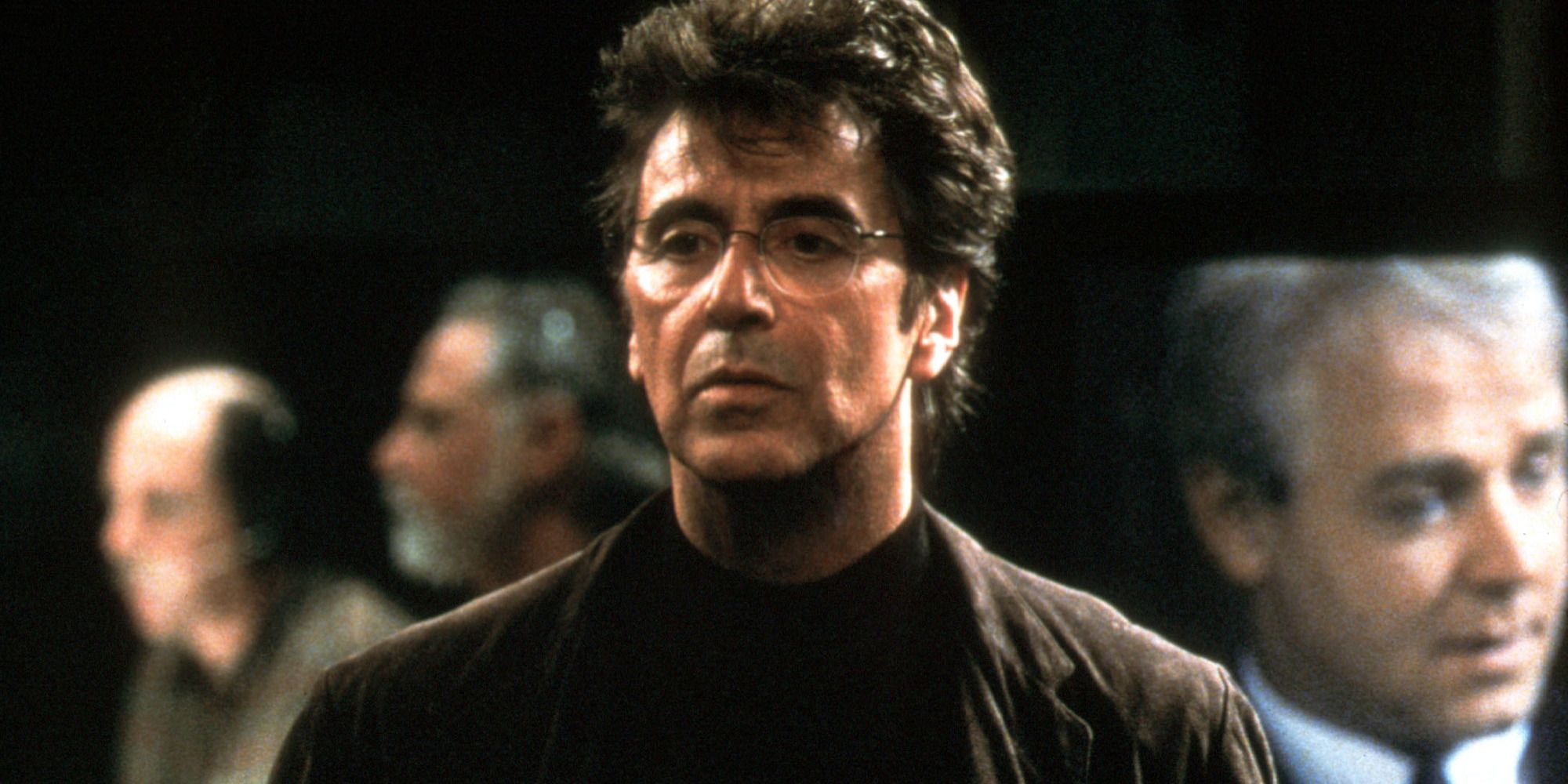
Image via Buena Vista Pictures
If it is, I couldn’t find it.
MANN: We absolutely have to pursue that.
Same thing with Insider.
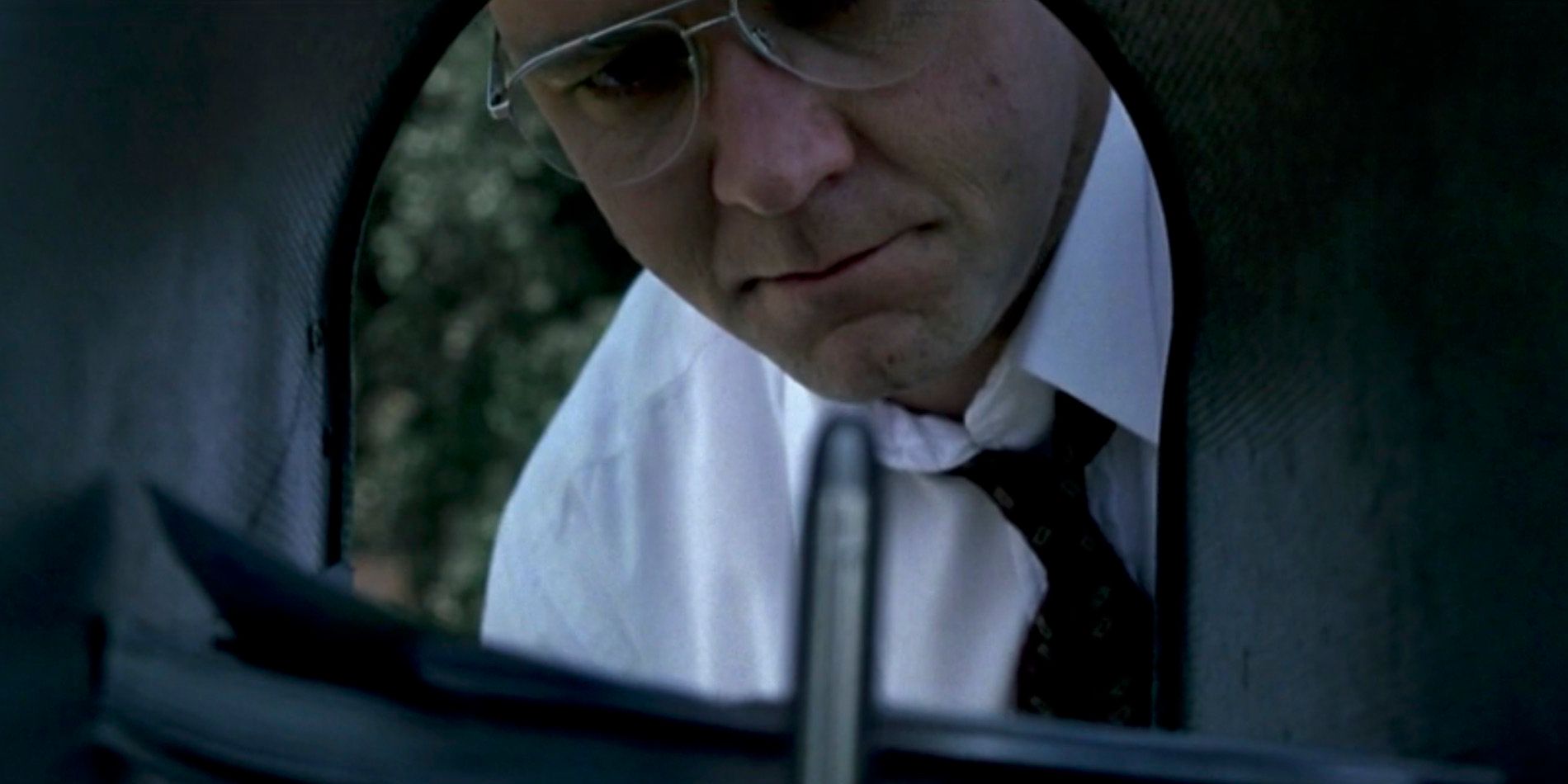
Image via Buena Vista Pictures
The best cut of The Last of the Mohicans is the directors cut.
The Insiderlooks good, but it’s not 4K.
MANN: How large a screen are you looking at it on?
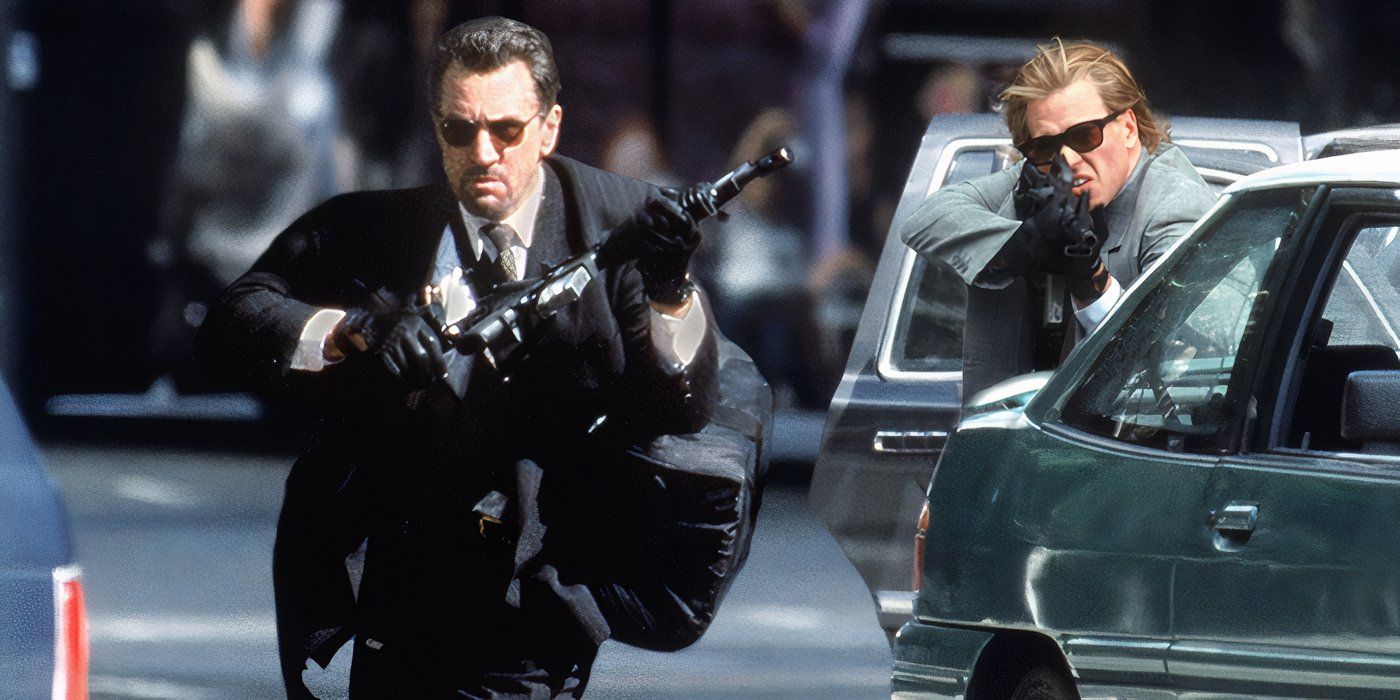
Image via Warner Bros.
I have an 80-something inch OLED television.
I watch a lot of stuff for work, so I invested real money in that.
MANN: Yeah, you’re looking at it on the right system and all that.
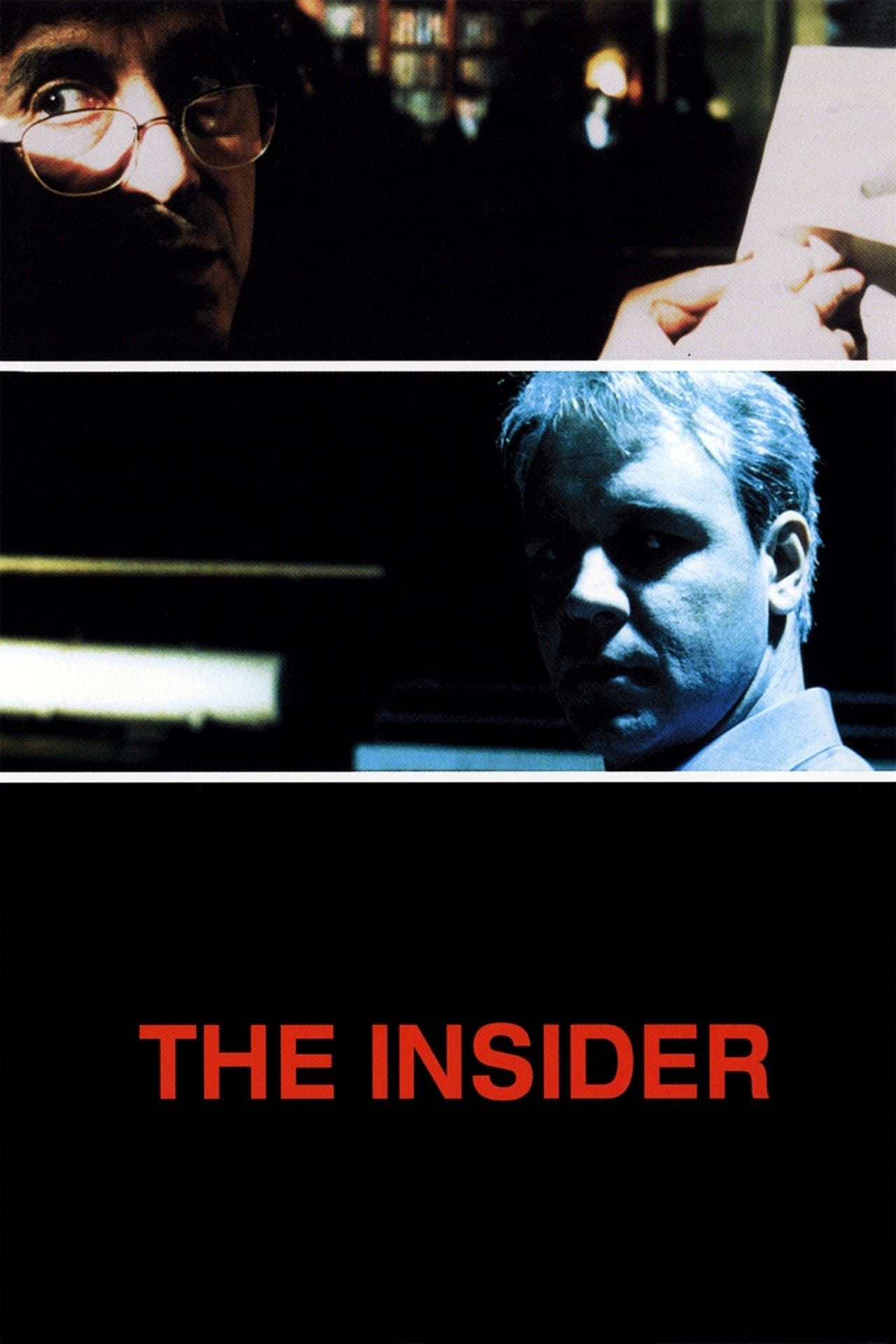
A research chemist comes under personal and professional attack when he decides to appear in a 60 Minutes exposé on Big Tobacco.
The answer 80-inch or the 77-inch Sony A95L is really the way to see it.
That does make a big difference, though.
We should have a 4K ofThe Insiderfor sure.
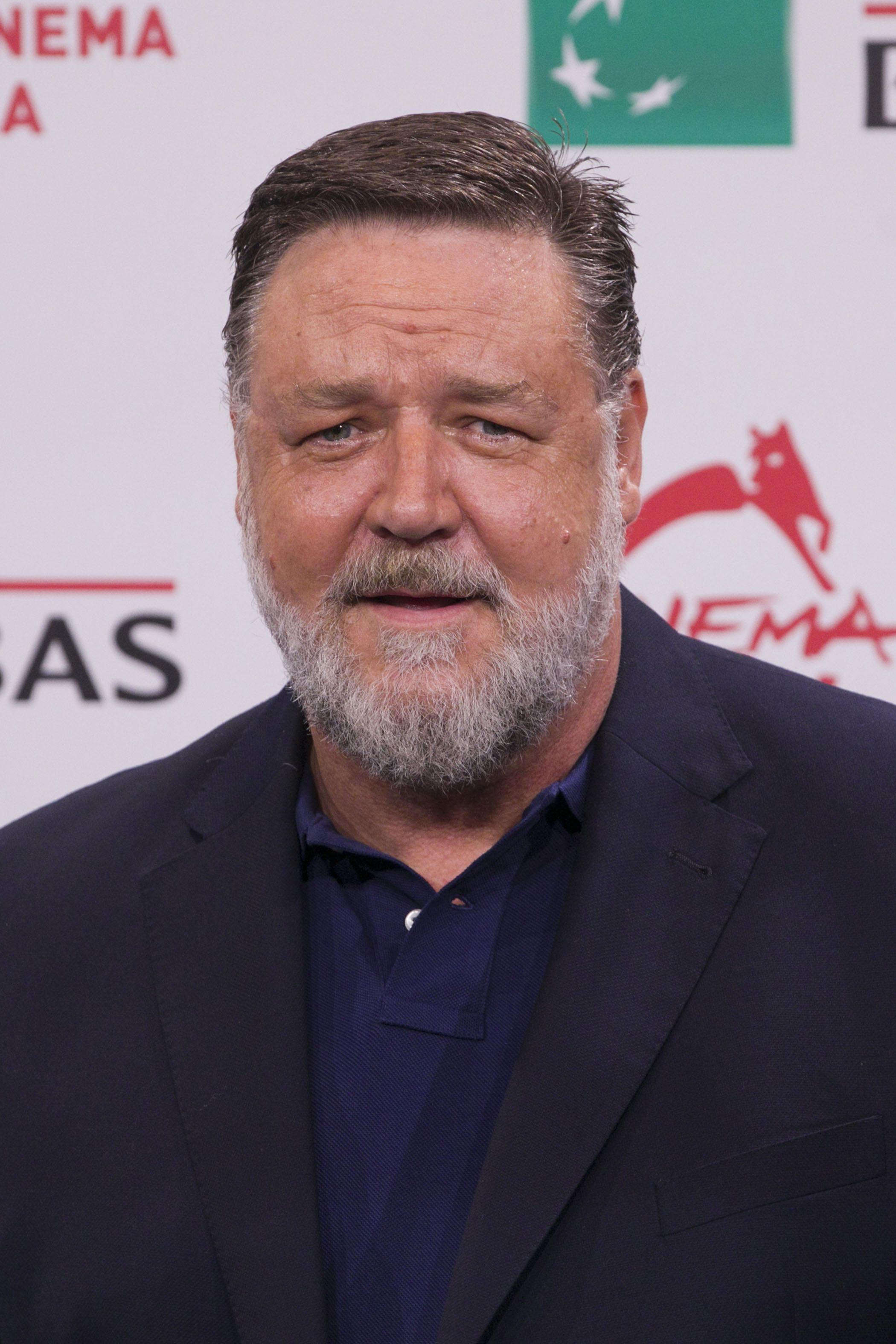
The Insiderdefinitely does not exist in 4K.
MANN: He did it for a reason.
The enthusiasm for it has to come from the content.
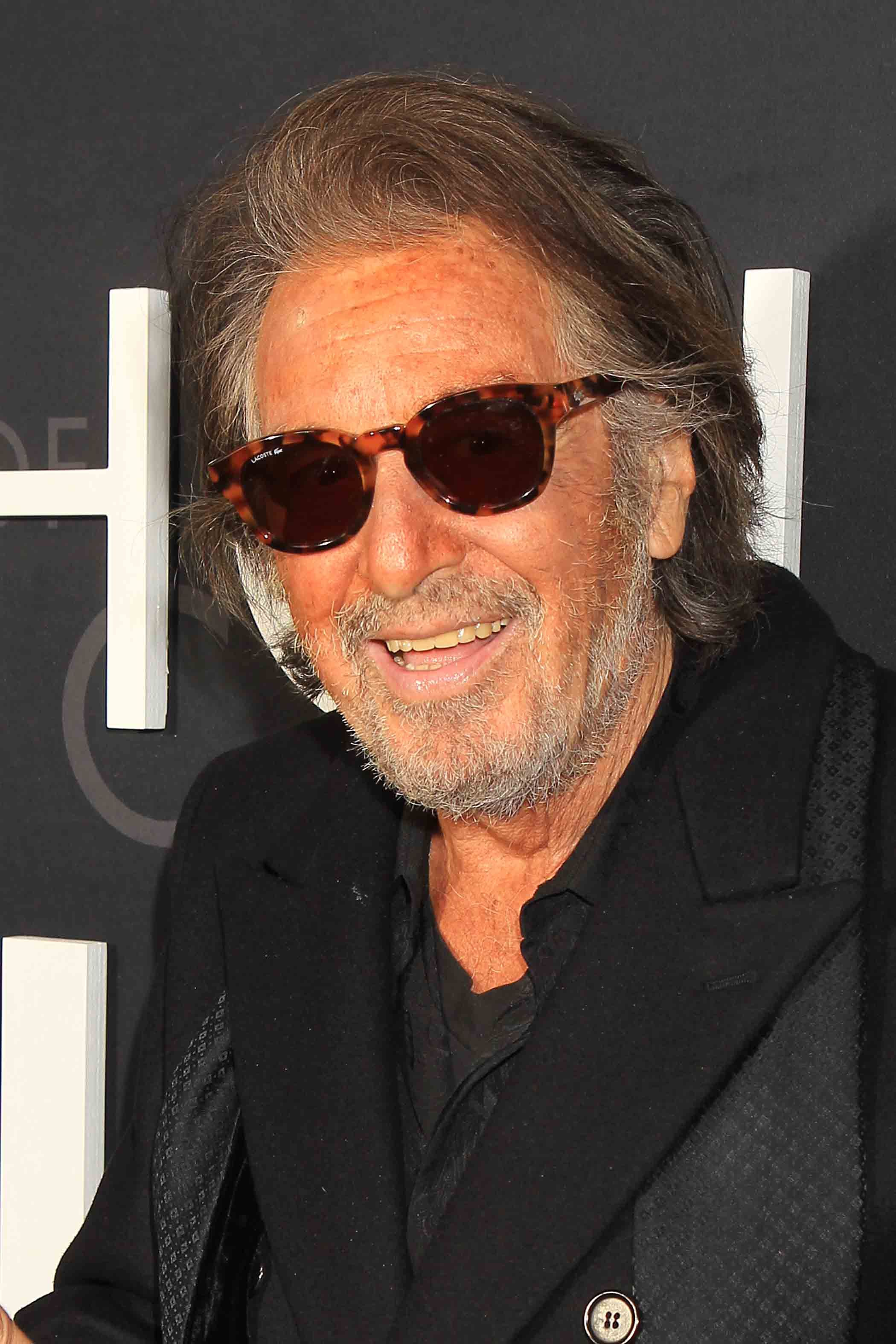
WithCollateral, it was to tell this story in nighttime LA.
Really see into the alienation and surreal poetry of the LA night.
You would never see any of that.
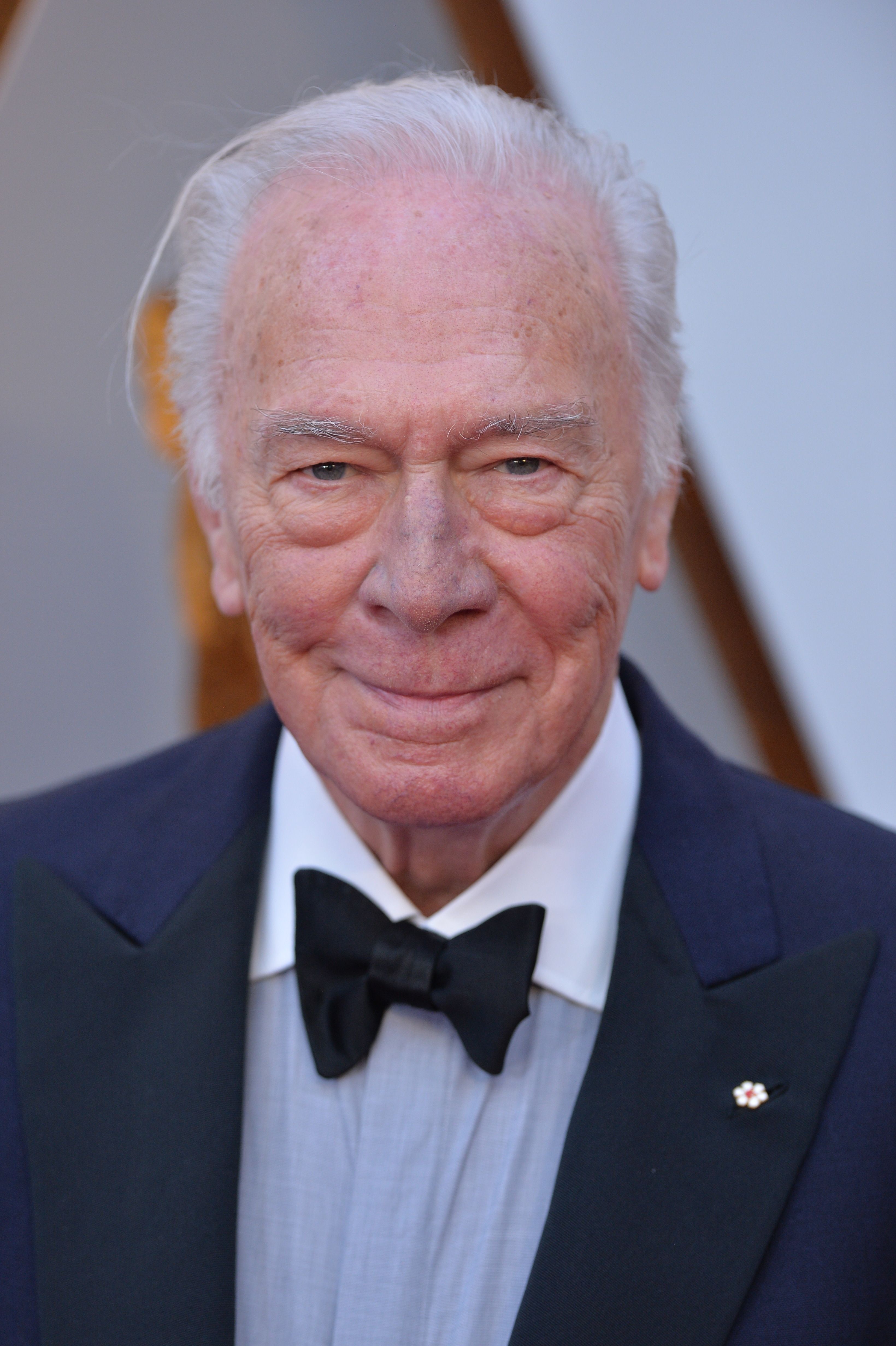
You wouldn’t have depth of field.
It’s very surreal.
So, that was the impulse to do it.

And what made the exploration fascinating was to discover a new aesthetic through the technology.
Dion Beebe, we worked together on that and we worked together onMiami VicefollowingCollateral.
In Wigands case, here’s what happens when a Fortune 500 company decides theyre going to destroy you.

So, then it becomes, How do I externalize this?
This may not go well.
They can take the money that you would spend on your kids' education or medical.
Hes basically getting all the reasons why he shouldn’t testify.
So, that’s really where this comes from.
And, do so internally.
And the assault does alter them.
They never do quite recover.
That that can be dramatized and effectively expressed, that was what pushed the film form.
Do you remember what shot or sequence inThe Insiderwas the toughest to film and why?
MANN: One of the most challenging to film was when Jeffrey Wigand is shooting his interview.
I wanted to be with Jeffrey Wigand to feel him.
And so that was challenging there in a really great symmetrical way.
The courtroom scene in Pascagoula, in a way, because so much hinged on that performance.
And Bruce McGill was spectacular.
He actually ruptured himself from that explosive dialogue when he says, Wipe that smile off your face.
Are we a news organization?
That then ends with the betrayal where Wallace says, Lowell, I’m with Don on this.
So, there was a lot riding on that.
You know how you look out at the ocean to make a decision.
That really was Dick Scruggs house, by the way.
It really is where Jeffrey Wigand made a decision.
I couldn’t have designed it better myself if I tried than a real place.
So, those were probably the most challenging to subjectivize the audience within the sensitivity and consciousness of Wigand.
Theres glass on the side of the road, and there’s a burning car, apropos of nothing.
A symbol that is not a metaphor pops into ones head.
Those are the things that take our attention when we’re stressed.
What do we do?
What do we think of?
Can I externalize that cinematically?
So, that was my mission.
MANN: I’ll tell you what, I was very fortunate.
Joe Roth ran 20th when I madeThe Last of the Mohicans.
Its not a western.
I want to doThe Last of the Mohicans.
They said, Wow, what a great idea.
I mean, that’s how difficult it was to launchMohicans.
Lets make the movie.
It kind of went like that.
So, there was a lot of trust.
Joe said, Heres the campaign: love story in a war zone.
We had a meeting, and Joe said, The movie is going to cost about $65 million.
Will we ever make our money back?
And I said, I don’t know.
He said, Fuck it, let’s make it anyway.
[Laughs] I love that.
MANN: He loved the screenplay.
We made the movie.
We garnered seven or eight Academy nominations.
At that point, Roth was gone from Disney.
Eisner was there, and there was a campaign against the movie launched by Wallace and Hewitt.
Disney didn’t really support it during the Academy season.
We had an awards budget of about $100,000 to $150,000.
I’m not all that wound up about winning statues.
The affirmation of peers is thoroughly wonderful but the big high is the movie.
This whole thing could have easily gone off the rails if the lawyers said no.
MANN: That’s a really great question, and I’ll tell you why.
We were very conscious of it the whole time.
He really had to know something was true before he represented it.
Eric Roth and I disciplined ourselves the same way we didn’t put it in there.
And so, you don’t know.
So, we made its source ambiguous.
So, we produced a document, which is the screenplay with all the corroboration annotated.
It was used for years in the Columbia School of Journalism.
I did a lecture there.
Now we’re talking about it, I’ve got to unearth that thing.
It’s an amazing document because the screenplay was 150 pages this corroborated version is about 300 pages.
I’m sure people would love to read that.
MANN: That’s good.
So, that’s how it was handled.
There was courage at Disney in how we approached it.
There was some nervousness there was a threatening letter.
And then I found out later that somebody had penetrated what we were doing.
Anyway, that’s what happened.
But they waged a campaign.
Could The Insider Be Made Today?
Do you think a movie likeThe Insidercould have been made today?
MANN: I don’t know.The Insider, strangely, is very relevant today.
It’s a different world.
But a truth-telling standard, objective reality, I come from that world and live in that world.
That’s not the current world.
This is not new or original thinking.
I think Carville has it mostly right.
That’s where we are today.
That’s not a place that I consider a home.
So, you know what?
Its what is relevant, a more Kantian worldview than this much softer place that we’ve been in.
So, I don’t know if that film would be made today or not.
Do you agree with what he’s saying or is he just trying to protect himself?
MANN: I had a very interesting relationship with Wallace.
The film is dead-accurate.
So, I met Wallace, and we would routinely talk.
I happily supplied him our screenplay.
Some of the conversations were hilarious.
[Laughs] He said, Absolutely, my boy.
So, that was the tone of it.
It stopped one floor below, and Don Hewitt walked into the elevator.
It turns out he lived in the same building, I had no idea.
He does not know who I am.
I know who he is.
As the milliseconds are ticking by, I’m thinking, I don’t have to say anything.
Well, you’re able to’t really say nothing.
So, I turned to him and said, Mr. Hewitt, I want to introduce myself.
I’m Michael Mann.
He was taken aback for maybe half a second.
His recovery took half a second.
So, there were a lot of incidents like that during the making of it.
It’s sad that Wallace was so sensitive to his portrayal.
Hes fine in the movie.
He slipped and made up for it with charm and brio.
He was a genius at what he did.
Most people who see the movie do not have the negative impression about Mike that he imagined.
Hes a human being like everybody else.
That’s what the whole movie is about.
Particularly with the flawed character like Jeffrey Wigand.
I wouldnt have done it.
Wigand was compromised internally.
He and Lowell don’t particularly like each other.
Hes awkward within his own body.
And Lowell has his own vanity with a vaunted superego.
But Wigand stands up.
Lowell, in spite of Wigand, defends Wigand anyway.
I liked him so much, I wish he had not been so sensitized to his misperception by public.
He insisted on a portrait of himself, warts and all.
He insisted on that.
He was almost proud of the failings he had because most of those he overcame.
Because Malcolm was killed not long afterward.
Everything Small Became Critical in The Insider
Theres nothing thats by accident.
A lot of the movie is handheld.
MANN: I plan out everything in great detail.
I work pretty much on a European method of directing.
I compose all the shots and operate as well.
The director of photography is a lighting cameraman.
In Dantes case onInsider, he paints with light.
He does not compose shots.
Thats the director’s most intimate expression.
Its going to affect the selection of lenses.
There was an elaborate design to how we lit.
Everything small had to be artistically articulated to bring the audience intensely inside two-hours and 45-minutes of talking people.
So, every small thing became critical.
If the film works, that’s why that’s why the film works.
Hes turning the page of a newspaper.
The way that’s lit and shot, we designed that probably a month before we did it.
There’s an overexposure of the highlights on the newspaper.
Thats also amplified with the sound of the turning of the page.
Everything is, I don’t want to say designed because there’s more than that.
Im curious how this film got shaped in the editing room.
Did you have a much longer cut?
Did you end up with a lot of deleted scenes?
MANN: I don’t think there are any deleted scenes.
When the film really works, I don’t change a frame.
There’s no re-editing onHeat, there’s no re-editing onInsider.
The ending ofLast the Mohicanswas always a problem.
This all goes back to the screenplay.
When the script is really 100%, you wind up not changing anything.
One of the last lines of this film is, What got broken here doesn’t go back together.
The ending of the film is very powerful and really captures that moment.
MANN: Yeah, I think it does.
It’s unexpected, and yet it’s dead right.
You know that Wallace and Bergman still have high regard and caring for each other in a complicated way.
And Bergman’s career never really did recover.
It’s the powerful, inevitable way that life is sometimes.
Lowell says to him, What am I going to tell the next witness, Mike?
Dont worry, we have your back.
You’ll be okay.
This doesn’t go back together again.
It’s just crazy how much the world has changed.
MANN: The worlds changed so much.
I mean, the silly choices of Donald Trump this week… You know.
The thought doesnt even occur, Can they even begin to do the job?
His appointments, I mean.
Institutional media has aged out.
Believe me, I know.
MANN: [Laughs] It bankrupted satire and pastiche, half the stuff thats real.
I just have to ask you, what’s the status of that project?
What can you tell our audience?
So, I wound up driving through LA at 3 a.m., which is fantastic.
There are no cars.
Ended up at Canter’s Delicatessen because that’s the only thing open 24 hours.
ThenThe Jericho Mileand probably some early drafts ofHeat.
Can I ask, do you freehand write, or are you using a laptop?
MANN: No, I have my own thing.
I use a combination of outlining, dictation, and constantly revising.
Do you think it could be filming next year?
Are you at that stage?
Do you have the financing?
Do you have the studio?
MANN: I’m doing this at Warner Bros.
So, it’s definitely going?
MANN: Nothings definitely going because the sky may fall.
ButHeat 2is at Warner Bros.
I’m writing the screenplay for them, and hopefully, we will go forward as soon as possible.
The Insideris available for rent or purchase on Prime Video.